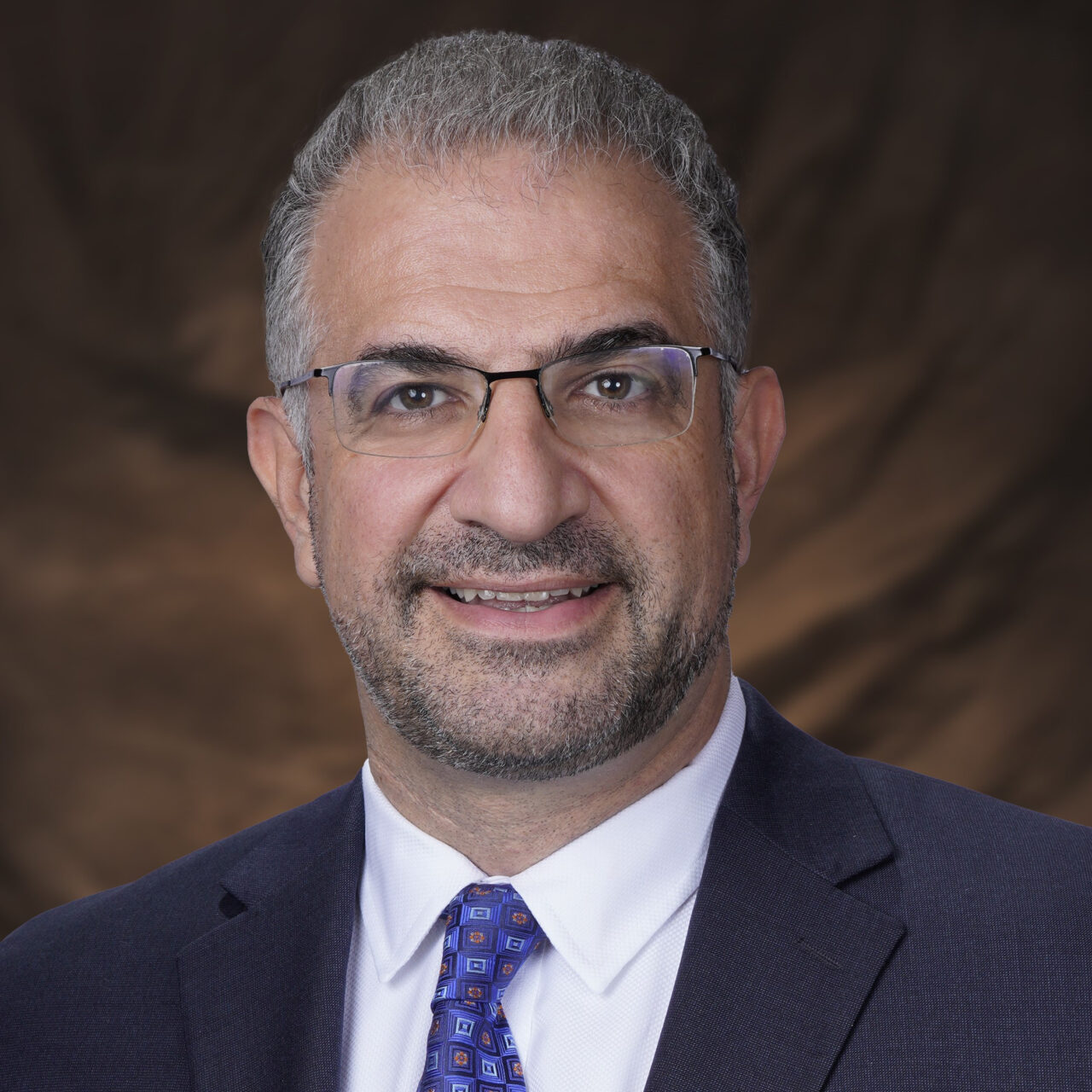“Do I need total shoulder replacement?” Many patients who have sustained multiple shoulder injuries, such as a dislocation of the joint, or those who suffer from severe arthritis of the shoulder joints, are often concerned with the possibility of a total shoulder replacement surgery. In many cases, painful and debilitating conditions of the shoulder joint can be remedied by less complicated procedures; some patients require no surgery whatsoever. For other patients, however, after trying a variety of unsuccessful conservative treatment options, a shoulder replacement operation may appear to be the only remaining option.
If you and your doctor are beginning to consider the possibility of a total shoulder replacement, you undoubtedly have several questions on your mind. This uncertainty can be a source of anxiety, but with some basic information on the shoulder replacement procedure, you can feel more confident in the decisions you will be making in the near future. At
Rothman Orthopaedic Institute, our physicians believe that an educated patient has the best possible prognosis, so we offer the following information as a first step for you to take on your path to a healthier and more productive life.
“Do I Need Total Shoulder Replacement?”
Before asking this question, you should have a firm understanding of what a total shoulder replacement surgery entails. Your shoulder joint has a greater range of motion than any other joint in your body. Much like the hip, the shoulder is a ball-and-socket joint, meaning that the head of your upper arm bone (the ball) fits neatly into the socket of your shoulder blade. An articular cartilage covers the surfaces of the bones in your shoulder joint - the upper part of your humerus (upper arm), the scapula (shoulder blade), and the clavicle (collar bone) - and the synovial membrane covers other surfaces in the joint, as well. Along with the cartilage, the fluid from this membrane facilitates smooth, nearly frictionless motion of the joint.
When your cartilage or synovial membrane are damaged or worn away due to injuries or disease, it may become necessary to replace them with a prosthesis. For some patients, only the head of the humerus needs to be replaced, while for others, both the ball and socket require a prosthesis. In the latter case, a total shoulder replacement entails two steps:
- Removal of the top (ball) of the humerus bone and replacing it with a metal ball and stem.
- Shaving off the damaged surface of the socket portion of the joint, and cementing a plastic prosthesis in its place.
Common Reasons for Shoulder Replacement Surgery
When a patient approaches his or her doctor with the question, “Do I need total shoulder replacement?”, it is typically an indication that severe pain and stiffness are limiting the patient’s ability to perform simple, everyday activities, and other treatment options have been insufficient. Here are a few of the most common conditions that may qualify a candidate for shoulder replacement surgery:
- Osteoarthritis: Typically occurring in patients over the age of 50, this degenerative joint disease involves the wearing away of the cartilage in the shoulder joint. Without this protective cushion, the bones in the shoulder begin to rub against each other, causing inflammation, stiffness, and severe pain.
- Rheumatoid arthritis: In this type of arthritis, it is the synovial membrane that becomes inflamed. Eventually, this condition leads to cartilage damage and loss.
- Post-traumatic arthritis: After an accident, bone fractures or tearing of the ligaments or tendons can ultimately lead to cartilage damage.
- Osteonecrosis: Also known as avascular necrosis, this condition occurs when the blood supply to the bone has been cut off, leading to the death of bone cells. Individuals at risk for this condition include patients with severe fractures, deep sea divers, patients with sickle cell disease, or chronic users of steroids or alcohol.
- Severe fractures: If the head of the humerus has been shattered, it may be difficult or impossible for a surgeon to repair the fractured bone. In this case, a prosthesis is an easier and safer solution.




